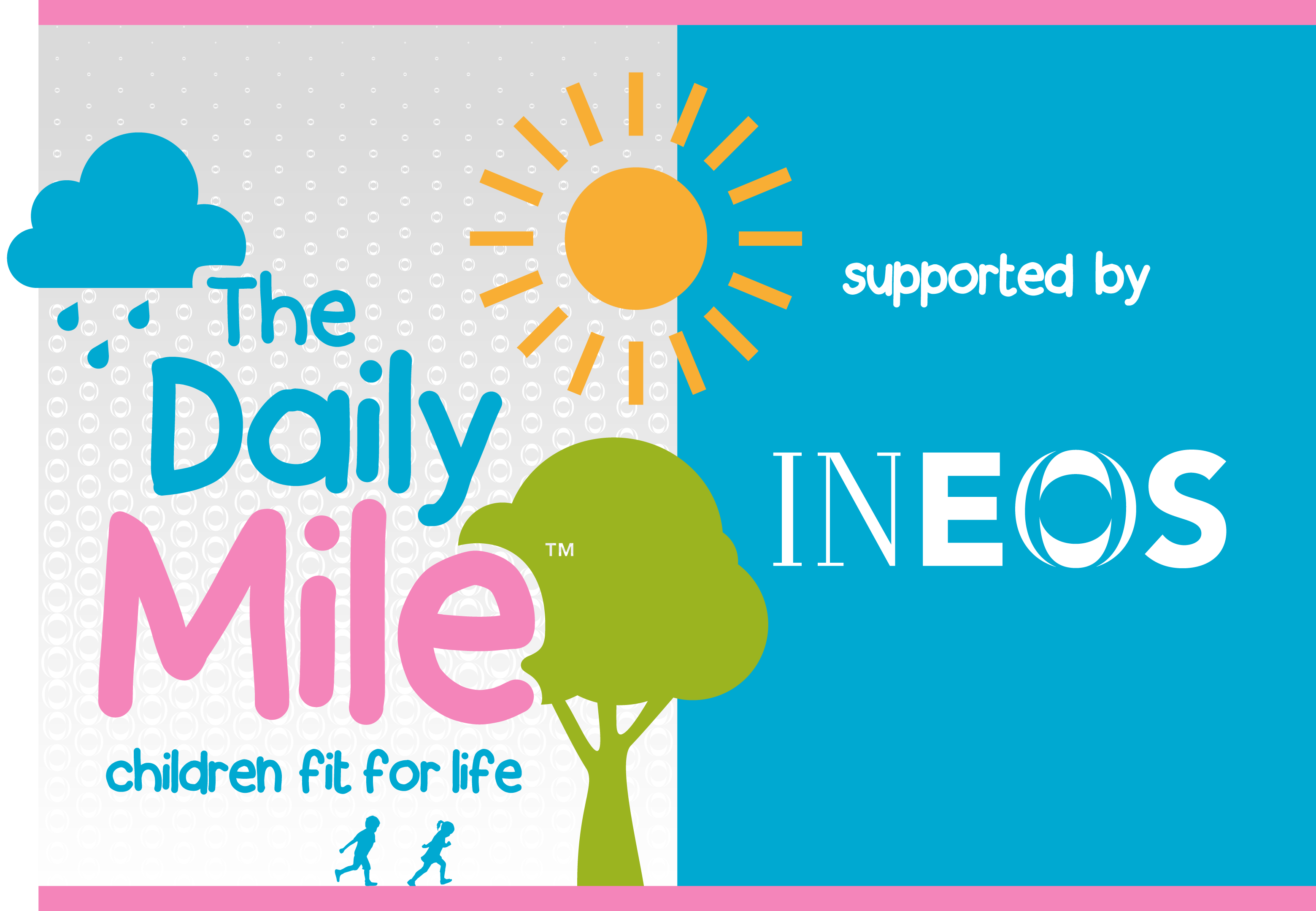The Daily Mile makes children happier and is good for their learning
Article title: A citizen science study of short physical activity breaks at school: Improvements in cognition and wellbeing with self-paced activity.
The Universities of Stirling, Edinburgh and Highlands & Islands conducted a citizen science project, involving 332 schools (5,463 pupils), which was aired by BBC Learning’s Terrific Scientific.
They investigated whether taking a short break from the classroom to complete 15 minutes of self-paced physical activity (i.e. The Daily Mile) had an impact on the wellbeing and cognition of pupils, in comparison to doing an exhaustive (bleep test) or doing no physical activity (control group).
They found that 15 minutes of self-paced outdoor activity was beneficial for pupils’ cognition and wellbeing, and compared to the control group, resulted in a:
- 7% increase in alertness
- 7% increase in mood
- 7% increase in verbal memory
- 7 millisecond improvement in reaction time
- 16% reduction in errors on inhibition test
Dr Naomi Brooks, University of Stirling: “Ultimately, we found that 15 minutes of self-paced exercise [such as The Daily Mile] can significantly improve a child’s mood, attention and memory – enhancing their ability to learn.”
Dr Colin Moran, University of Stirling: “Overall, our study concluded that exercising leads to improvements in children’s mood and cognition.”
Read the full article online or download the paper, published in BMC Medicine on 17th March 2020.




